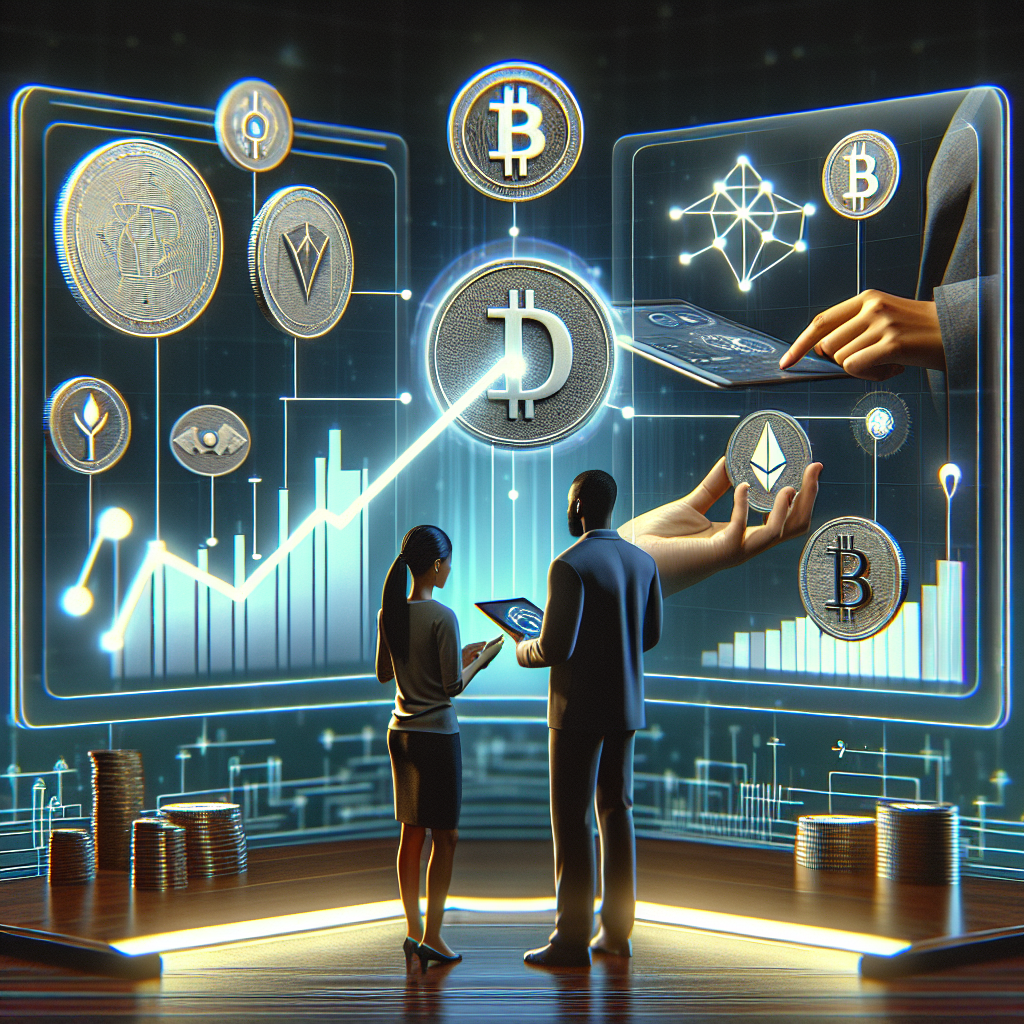[ad_1]
The NFT (Non-Fungible Token) marketplace has exploded in popularity, providing a unique opportunity for digital art and collectibles to thrive. However, for first-time collectors, it can be daunting to navigate this new frontier. This guide aims to simplify the process with tips and tricks for those looking to make their first purchase.
Understanding NFTs
Non-fungible tokens are digital assets that represent ownership of unique items or content on the blockchain. Unlike cryptocurrencies such as Bitcoin and Ethereum, NFTs cannot be exchanged for one another on a one-to-one basis due to their unique properties.
Key Features of NFTs:
- Indivisibility: NFTs cannot be divided into smaller units.
- Ownership: Ownership is recorded on the blockchain, ensuring authenticity.
- Interoperability: NFTs can be used across different platforms.
- Transferability: NFTs can be bought, sold, and traded just like physical assets.
Choosing the Right Marketplace
When entering the NFT world, selecting the right marketplace is crucial. Here are some popular options:
- OpenSea: The largest NFT marketplace with a wide variety of digital assets.
- Rarible: A decentralized marketplace that allows creators to mint and sell their NFTs.
- Foundation: A curated marketplace focusing on artists and limited-edition drops.
- SuperRare: A high-end marketplace for unique digital art from selected artists.
Setting Up Your Wallet
A digital wallet is essential for storing cryptocurrencies and NFTs. Here are a few options you can consider:
- MetaMask: A widely used browser extension that supports Ethereum-based NFTs.
- Coinbase Wallet: A user-friendly mobile wallet for holding various cryptocurrencies.
- Fortmatic/Magic: A web wallet for those who prefer a more secure experience.
Researching Before You Buy
Before making a purchase, it’s vital to conduct thorough research. Here’s what to consider:
- Artist Reputation: Look into the artist’s history and previous works.
- Scarcity: Understand the total supply of the NFT.
- Community Engagement: Check how active and supportive the community around the NFT is.
- Market Trends: Keep an eye on market trends and the price movement of similar NFTs.
Tips for First-Time Buyers
Here are some practical tips to keep in mind while navigating the marketplace:
- Determine Your Budget: Set a budget before you start exploring the marketplace to avoid overspending.
- Start Small: Consider purchasing a less expensive NFT to familiarize yourself with the process.
- Stay Informed: Join NFT communities on platforms like Discord or Twitter for insights and updates.
- Be Wary of Scams: Ensure that you are buying from reputable sources and double-check links to marketplaces.
Common Pitfalls to Avoid
First-time collectors often make these mistakes:
- Not doing enough research before buying.
- Ignoring gas fees and transaction costs.
- Failing to secure their wallets properly.
- Becoming emotionally attached to purchases, leading to poor investment decisions.
Data Insights on NFT Sales
Understanding current market trends can help you navigate the NFT landscape better. Here’s a snapshot of recent NFT sales data:
| Marketplace | Total Sales (Last 30 Days) | Total Volume (USD) |
|---|---|---|
| OpenSea | 1,000,000+ | $200 Million |
| Rarible | 500,000+ | $75 Million |
| Foundation | 100,000+ | $15 Million |
| SuperRare | 50,000+ | $10 Million |
Interactive NFT Comparison Table
OpenSea
Rarible
Foundation
SuperRare
General
Decentralized
Curated
High-end
Yes
Yes
Yes
Yes
“Investing in NFTs requires the same diligence as investing in any asset. Research is key.”
Conclusion
The NFT marketplace is an exciting and dynamic environment for first-time collectors. With the right knowledge, tools, and strategies, you can successfully navigate this space and perhaps uncover some of the next big digital assets. Remember to stay informed, be cautious, and enjoy the journey of collecting!
Frequently Asked Questions (FAQs)
An NFT is a non-fungible token, a digital asset that represents ownership of unique items or content using blockchain technology.
Yes, most NFTs are bought using cryptocurrency, primarily Ethereum, which means you will need a crypto wallet to hold it.
Use a secure wallet, enable two-factor authentication, and never share your private keys with anyone.
Yes, NFTs can be resold on various marketplaces, providing the opportunity for profit depending on demand.
Consider the artist’s reputation, scarcity, community support, and overall market trends when selecting an NFT.
[ad_2]
